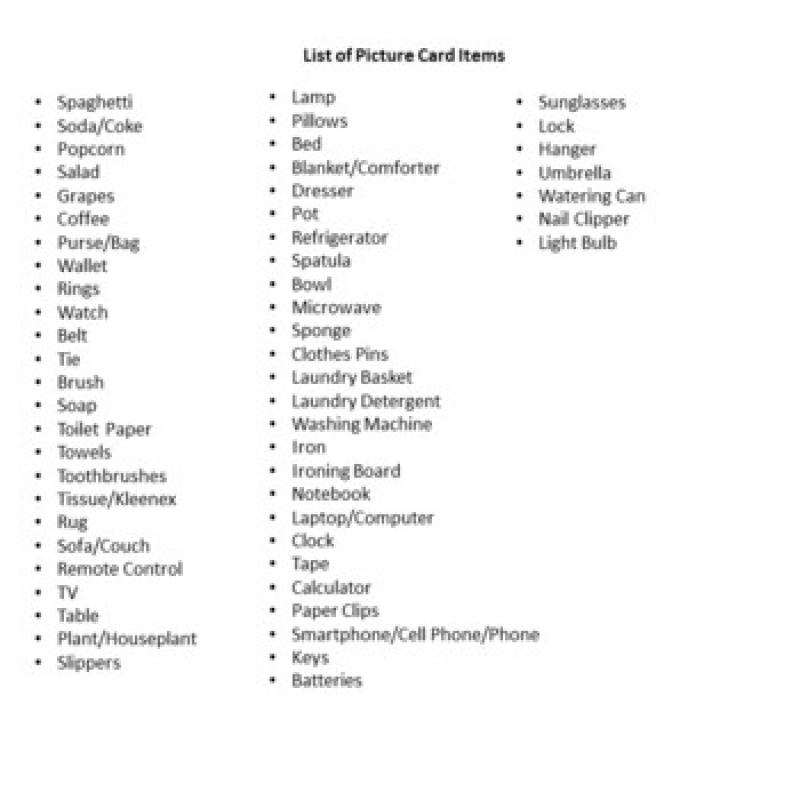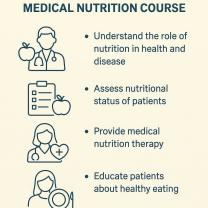What are functional words and phrases in aphasia?
Aphasia is a language disorder that can result from damage to the areas of the brain responsible for language processing. People with aphasia may have difficulty speaking, understanding language, reading, and writing. Functional words and phrases in aphasia are those that are essential for effective communication, allowing individuals to convey their needs, express thoughts, and engage in everyday interactions. These words and phrases are often basic, practical, and crucial for daily communication. Here are some examples:
Basic Greetings:
- Hello
- Hi
- Good morning
- Goodbye
- Bye
Expressing Needs:
- Help
- Water
- Food
- Bathroom
- Pain
Requesting Information:
- What
- Where
- When
- Who
- How
Basic Numbers:
- One, two, three, etc.
- First, second, third, etc.
- Number names (e.g., "ten," "twenty")
Everyday Activities:
- Eat
- Drink
- Sleep
- Walk
- Sit
Emotional Expressions:
- Happy
- Sad
- Angry
- Tired
- Excited
Expressing Preferences:
- Like
- Dislike
- Want
- Don't want
Polite Phrases:
- Please
- Thank you
- Sorry
- Excuse me
- May I?
Safety Words:
- Stop
- Danger
- Help
Common Objects:
- Chair
- Table
- Phone
- Keys
- Glasses
Time-related Words:
- Now
- Later
- Yesterday
- Today
- Tomorrow
Personal Pronouns:
- I
- You
- He/She
- We
- They
These functional words and phrases help individuals with aphasia participate in conversations, express their basic needs and feelings, and engage in social interactions. Speech therapy for aphasia often focuses on these functional and high-priority words to improve communication and enhance the individual's ability to navigate daily activities. The goal is to enhance functional communication and improve the person's quality of life despite the challenges posed by aphasia. Communication strategies may involve the use of gestures, drawings, and augmentative and alternative communication (AAC) devices to supplement verbal expression.
The Role of Functional Words and Phrases in Aphasia Communication
Functional words and phrases are the building blocks of everyday communication. They are the words that allow us to express our basic needs, wants, and thoughts, and they are essential for maintaining social interactions and engaging in daily activities.
For individuals with aphasia, who have difficulty with language production and comprehension, functional words and phrases become even more crucial. These words and phrases provide a foundation for communication, allowing them to convey their thoughts and needs even when they may struggle with more complex language.
Common Functional Words and Phrases Used in Aphasia
Functional words and phrases can be categorized into different groups based on their purpose:
Greetings and expressions: Hi, hello, goodbye, thank you, please, excuse me
Confirmation and negation: Yes, no, maybe, not sure, right, wrong
Numbers and counting: One, two, three, four, five, more, less
Expressing needs: I want, I need, food, water, bathroom, help
Describing feelings: Happy, sad, angry, tired, hurt
Asking questions: Who, what, where, when, why, how
Expressing likes and dislikes: I like, I don't like, good, bad
Conversations starters and closers: What's up?, See you later, Nice to meet you
Strategies for Utilizing Functional Words and Phrases Effectively
Here are some strategies for utilizing functional words and phrases effectively in aphasia communication:
Identify and focus on the most essential words: Prioritize the words and phrases that are most crucial for everyday communication.
Use simple and clear language: Avoid complex sentence structures and jargon. Stick to basic phrases and direct sentences.
Practice regularly: Consistent practice is key to improving fluency and confidence in using functional words and phrases.
Utilize visual aids: Supplement spoken communication with visual cues, such as pictures, gestures, or writing, to enhance understanding.
Seek speech therapy: Speech-language pathologists can provide personalized guidance and strategies for improving functional communication skills.
Remember, communication is a two-way process. Be patient, understanding, and supportive of individuals with aphasia as they navigate the challenges of language impairment.












